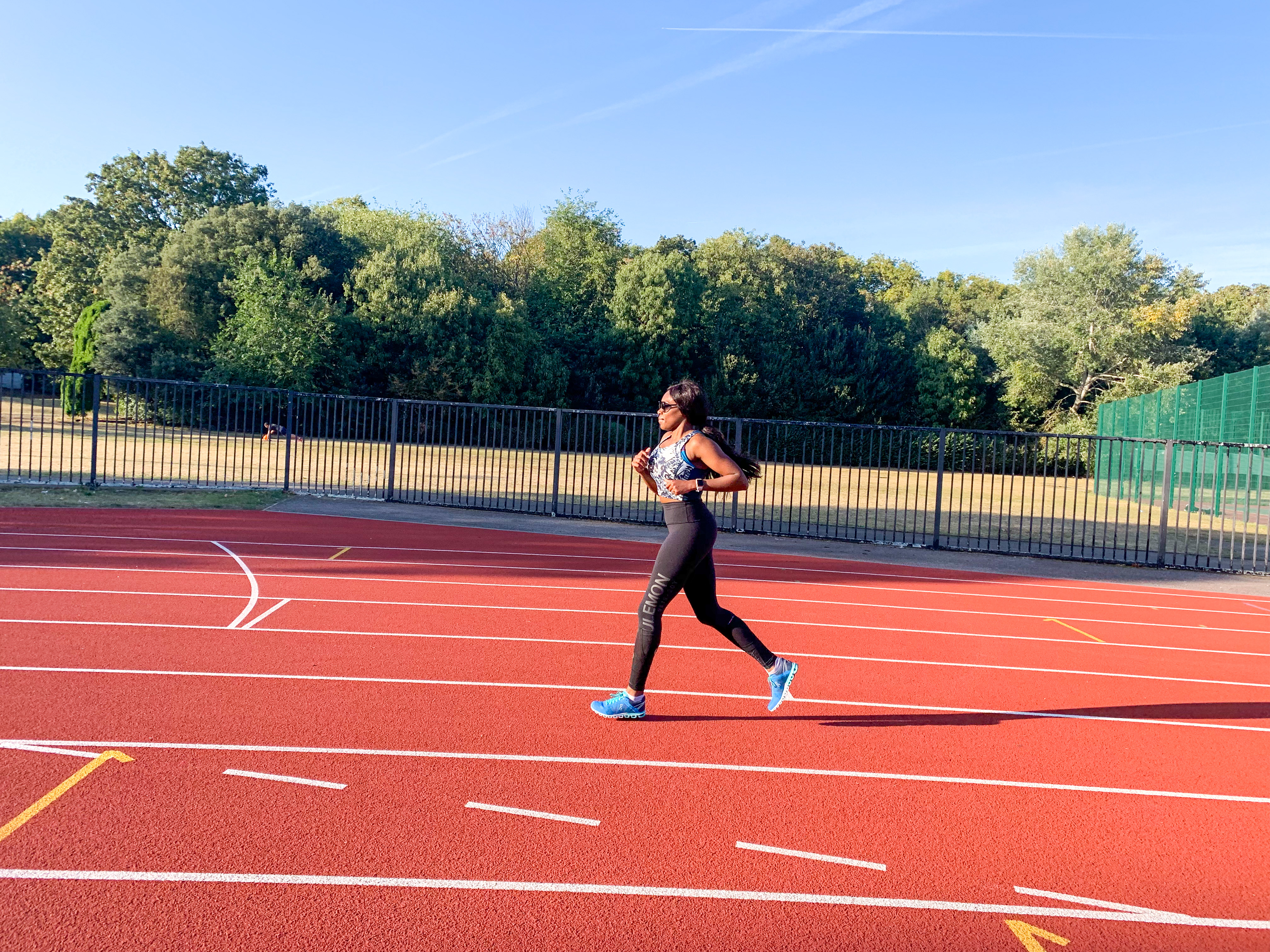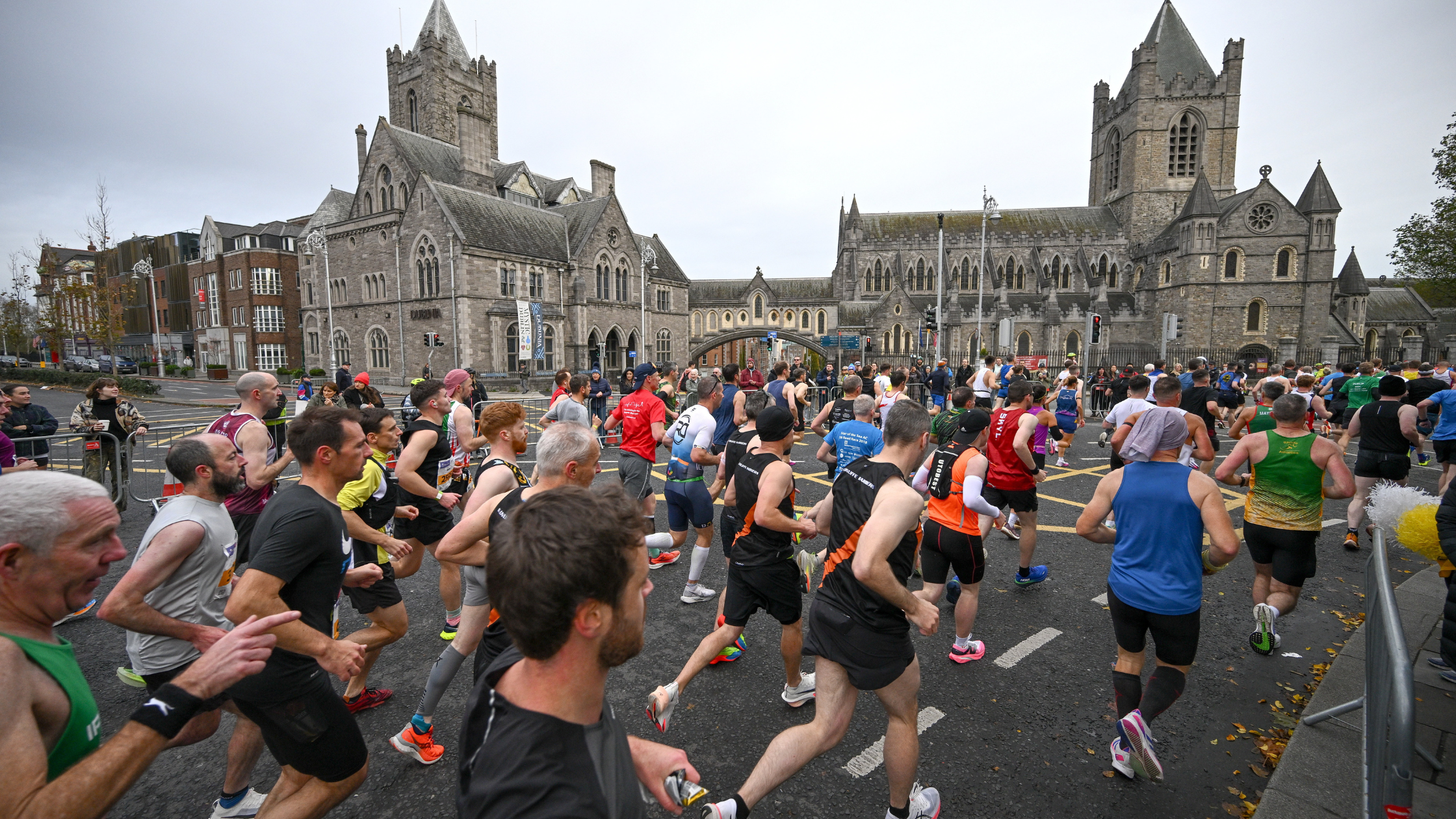There's no doubt about it; runners love to run. Sometimes though we love to run a little too much and run when we probably shouldn't. Learning how to listen to your body is an incredibly important skill, yet it is one of the hardest to master and often takes years of practice and experience.
The human body is hugely efficient at giving out signs or indications that you need to slow down and rest up. It's perfectly normal to feel tired and have the odd ache or pain when you’re training, however if these signs persist for several days or more then it's time to pay attention to what your body is telling you. Backing off when your body tells you to doesn’t imply a lack of toughness. It tells you that you are smart enough to realise the limits of your physical capacity. Here are some tips to help you master that all important skill of listening to your body.
Don't be a slave to your schedule
Runners often tend to be highly motivated and disciplined creatures who like to follow their training schedule to the letter. However, it is worth remembering that a training schedule is always a guideline and shouldn't be set in stone.
Learn to be flexible and to make sensible, rational decisions about your training.
Learn to be flexible and to make sensible, rational decisions about your training. You need to bury that desire to plough on regardless when you’re feeling under the weather or carrying a small niggle. It is certainly not a sign of weakness to take some extra easy days if you need them. Remember a good training schedule is one that is constantly evolving.
Learn to run 'naked'!
We're talking metaphorically here! Far too many runners allow themselves to be dictated to by satellites in the sky through their GPS watch , rather than by running to internal feel.
The trouble with running at a pre-determined pace is that there are numerous variables that can prevent you from achieving this. For instance the weather conditions, your nutritional and hydration status and your level of fatigue. Once or twice a week try to ditch your GPS and try running to 'feel'. If you're feeling tired, then just run at an easy pace, without forcing it. If you feel good, then push on a little more and enjoy the feeling.
The traffic light system
A good way to monitor how you’re feeling is to keep a training diary and to use a 'traffic light' system. Put a green dot on the days that you feel really good in training. Use an orange dot for those days that you feel okay and a red dot for those days when you feel really tired or run down. If you have three or more red dots in a row then you should take a few days of rest and review your training. When using the traffic light system it’s important to be honest with yourself, as it’s designed to prevent injury and over-training, as well as identifying when your training programme is working as it should.
Keep tabs on your resting heart rate
Measuring your resting heart rate on a daily basis is a useful way of ensuring that you are recovering effectively and not over-training. It can also be a good indicator of impending illness. The best way to do this is to take your heart rate (measured in beats per minute), when you first wake up in the morning before you get out of bed.
If your resting heart rate is 5 beats faster than normal, this could indicate that you are not fully recovered from your last run.
Once you have established your baseline measurement, which will take a few days, you should keep a close eye out for any significant variations. If your resting heart rate is 5 beats faster than normal, this could indicate that you are not fully recovered from your last run or workout and that you should consider taking an easy day of training. If the resting heart rate is 10 beats or more higher than normal, it is recommended that you take at least one day of complete rest because your body is clearly under increased physiological strain.
This could indicate that you are at risk of over-training or that your immune system is busy fighting illness or infection.
Remember, things generally happen for a reason. If you are injured, ill or just constantly tired, then your body might just be trying to tell you something. The best way of thinking about it is to train smarter, not harder!














